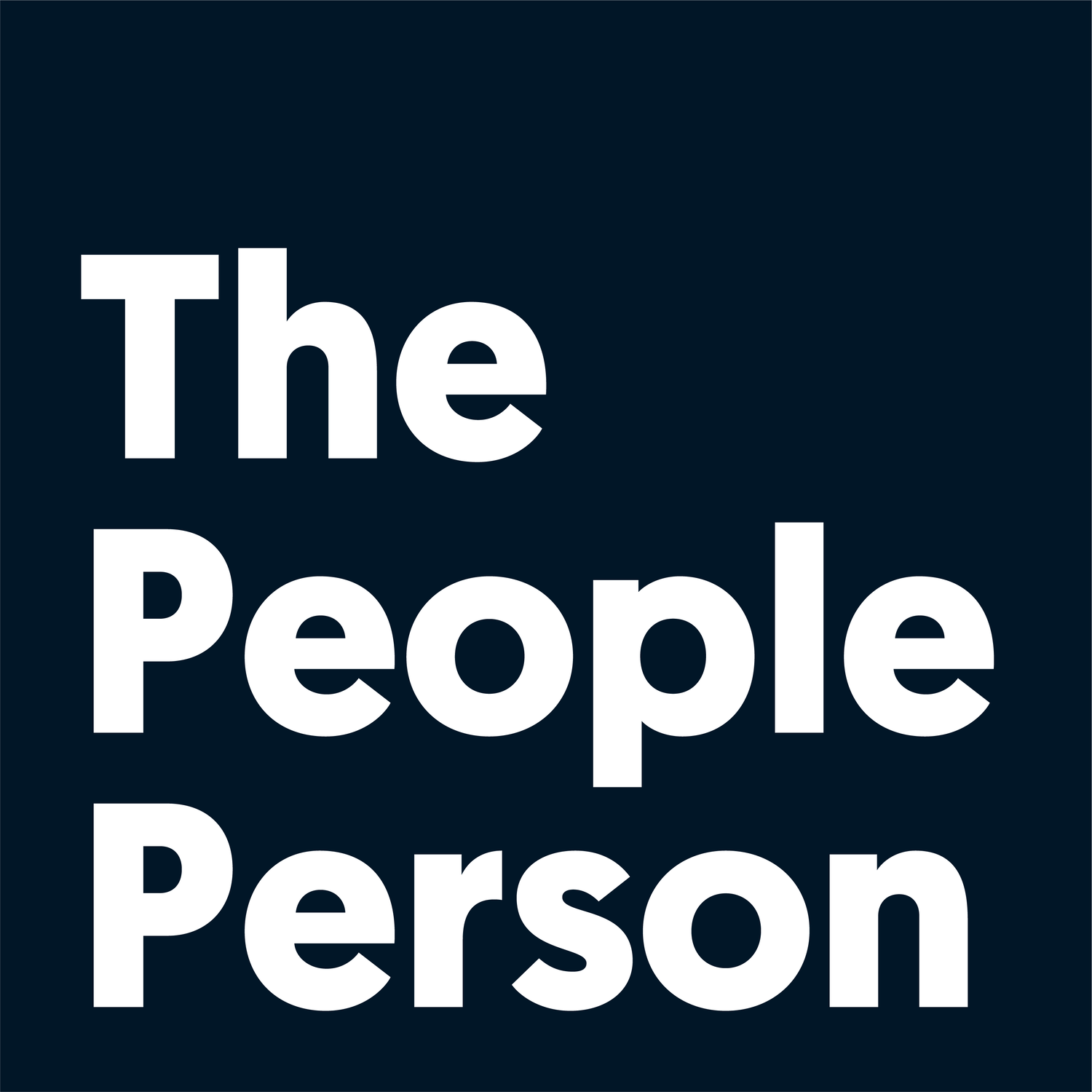Why AI Can't Fully Replace Human Coaching and Leadership Development
I asked ChatGPT to tell me what the future of coaching and leadership development looked like with the rapid growth of AI. Here’s what it told me (with a few style-not-content edits by me to make it a more pleasant and less robotic read).
In recent years, artificial intelligence (AI) has made remarkable strides, revolutionising numerous industries. From self-driving cars to advanced data analysis, its impact is undeniable. However, when it comes to coaching and leadership development, there are distinct aspects that make human involvement indispensable. While AI can enhance certain elements of the process, it will never completely replace the invaluable role played by human coaches. In this article, let's explore why the human touch remains crucial in coaching and leadership training, even in the era of AI.
The Power of Human Connection and Emotional Intelligence: Coaching and leadership development are about more than just sharing knowledge and skills. They involve establishing deep connections with individuals, understanding their unique circumstances, and empathetically guiding them towards growth. AI, though impressive in its capabilities, lacks the depth of human connection and emotional intelligence required for effective coaching. We humans possess an innate ability to listen, understand, and adapt to individual needs, creating an environment conducive to personal development.
Navigating Complexity and Adaptability: Leadership is a complex and multifaceted skill that encompasses understanding diverse personalities, organisational dynamics, and intricate decision-making processes. AI thrives in rule-based and predictable scenarios, but coaching requires navigating nuanced and ever-evolving situations. Human coaches bring a wealth of experience and expertise to the table, enabling them to provide context-specific insights and adapt their approach to suit each unique circumstance. This ability to embrace complexity and adapt is something AI struggles to replicate.
The Importance of Contextual Understanding: Organisational culture, dynamics, and individual contexts greatly influence coaching and leadership development. While AI excels at analysing data, it may struggle to interpret and navigate the subtleties of human interactions within specific environments. Human coaches possess a deep understanding of these contextual factors, allowing them to provide tailored guidance and support. They consider the broader organisational picture, aligning leadership development with strategic objectives and the specific challenges faced by individuals or teams.
Trust and Confidentiality: Building trust is paramount in coaching and leadership development. Clients often share sensitive information, seeking guidance in a safe and confidential space. The human element is vital in establishing this trust. Human coaches create genuine connections, ensuring individuals feel heard, respected, and supported throughout their development journey. Trust in an AI-driven system may be challenging to achieve, as concerns around data privacy and confidentiality persist.
The Continuous Learning and Adaptation Cycle: Coaching and leadership development are fields that continuously evolve alongside new research, best practices, and emerging trends. Human coaches actively engage in ongoing learning, refining their skills and staying up-to-date with industry advancements. While AI can provide data-driven insights and information, it is the human coach's ability to interpret, contextualise, and apply knowledge in a nuanced way that sets them apart. This human touch fosters a dynamic and adaptive learning environment for clients.
Conclusion
While AI undoubtedly brings valuable technological advancements to various domains, coaching and leadership development remain areas where human involvement is essential. The power of human connection, emotional intelligence, adaptability, contextual understanding, trust-building, and continuous learning cannot be replicated by AI alone. As the coaching landscape evolves, embracing AI as a supportive tool can enhance the coaching process and offer supplementary resources. By recognising the unique strengths of both humans and AI, we can leverage technology to augment our coaching and leadership development efforts, ensuring an optimal blend of human expertise and technological advancements for the benefit of individuals and organisations.
I mean, it’s pretty interesting insight and certainly provides some food for thought. I find this growing area fascinating and I’d love to know your thoughts. Would you work with an AI coach over a human one and what would be the factors in your decision making? Let me know - hi@thepeopleperson.org. Your message will be read and replied to by a real human.
